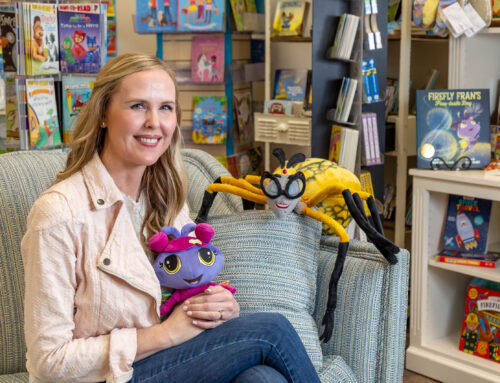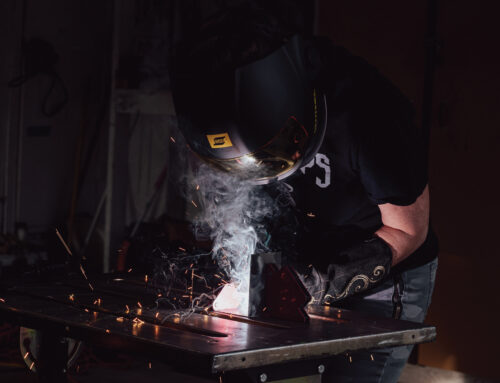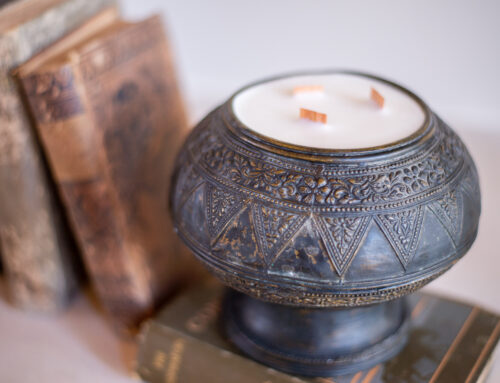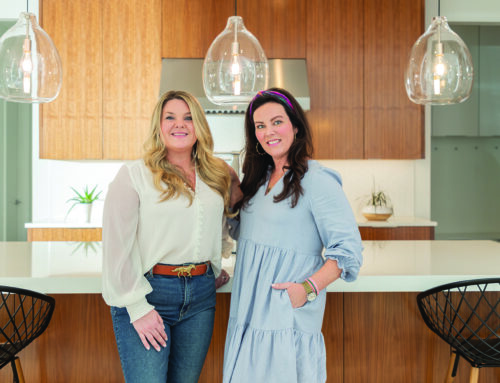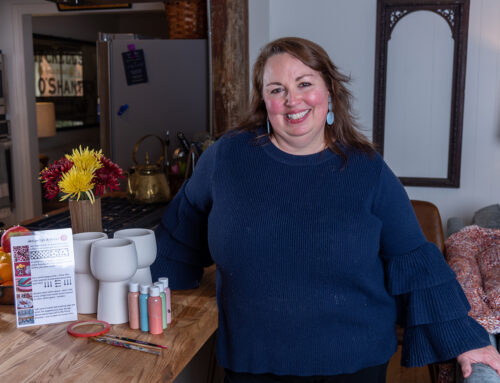Our homes are our castles, our neighborhoods are our havens. When you turn your car off the closest busy street (Skillman, Forest or Walnut Hill) into your shared enclave, don’t you just breathe a sigh of relief?
Almost home.
Local issues bring us together, whether we are signing a petition or organizing a neighborhood watch program. Neighborhood associations in Lake Highlands are one of our best tools for maintaining a spirit of camaraderie and pride.
In the decade-plus that I have lived in Lake Highlands, I have always felt this friendly spirit maintained even during elections, when neighborhood yard signs indicate that some people vote differently from me. Whether a yard sign endorses “Perry” or “White”, it’s a positive message.
I don’t know about you, but I appreciate havens. I appreciate the Advocate as a magazine where I can expect to read about neighborhood issues, and not political rancor. Avoiding heated conversations about religion and politics is still a good idea. By the time you read this, November elections are either almost over, or already over. Either way, praise the Lord!
So now, is it safe to ask that we reflect about the implications of deep political differences in our neighborhoods?
Adults, for the most part, gloss over differences with smiles. Unfortunately, rifts have grown so deep that fault lines are showing up in our schools. One indication was the publication of a column by a Lake Highlands High School teacher, Casey Boland, in the Dallas Morning News (Sept. 26, 2010) titled “Banishing the Hate Monster”. Boland described some disturbing reactions from students during classes when she is trying to teach civics and American history. Students too young to vote, who cannot articulate an understanding of the issues, felt comfortable vocalizing strong views about perceived personal failings of political leaders. Boland comes to the conclusion that students must be learning some shocking language, and even some hate, in their homes.
But that might not be the whole story. You and I, as parents, are doing our best raising kids in an era when we control less and less of what they see in the media or on the web. Even adults are influenced by the increased tone of anger and conflict that some media push on us day and night, for the purpose (never forget this) of selling ads. Now that everybody can hit “send” or “post” online, often with an anonymous moniker, maybe people are getting more comfortable with stating bold opinions, even in real life.
Which brings me back to our neighborhood. Perfectly nice people who oppose a controversial surgical procedure performed on (some sad and unfortunate) women are nevertheless willing to put up signs in their yard that recommend the innocent bystander should pray to end the procedure — a word I would prefer not to see here in the Advocate, nor on a yard sign every day in my neighborhood haven.
Have the sign owners considered the fact that children learning to read are passing the signs every day on their way to school?
I have had some experience teaching sixth-grade students in my church during Sunday school. One day in class (an elective sex-ed class their parents had approved) a girl had the courage to ask, “What is (that surgical procedure)?” Our teaching team was flabbergasted to learn that all the kids had heard of it, but not one of them understood what it was.
It was a tough moment in class, but illuminating. Our kids hear that word, and lots of other words, along with the anger that accompanies the words — but often, all they understand is the anger.
As we move forward into a new season, no doubt the endless political disagreements will continue. My hope is that all of us will keep in mind that our neighborhood is not the World Wide Web. Living in communities, we’re all in this together.

